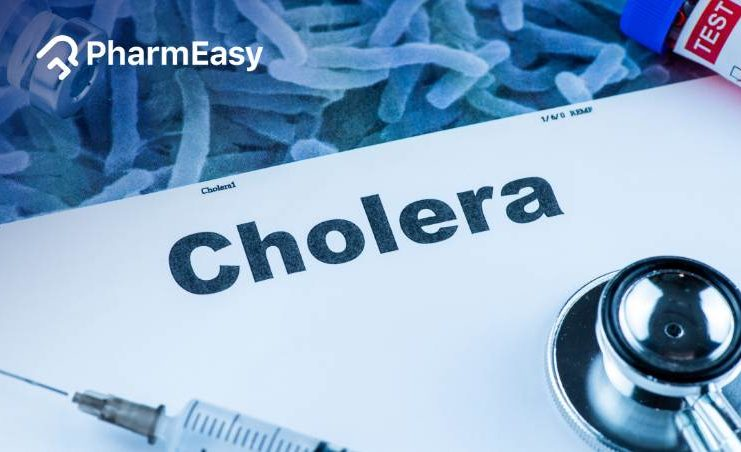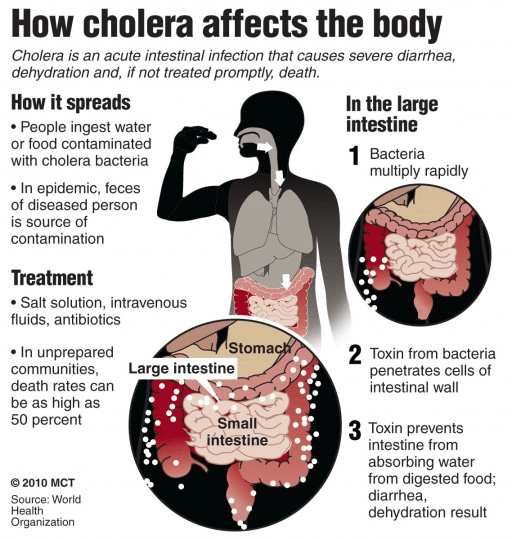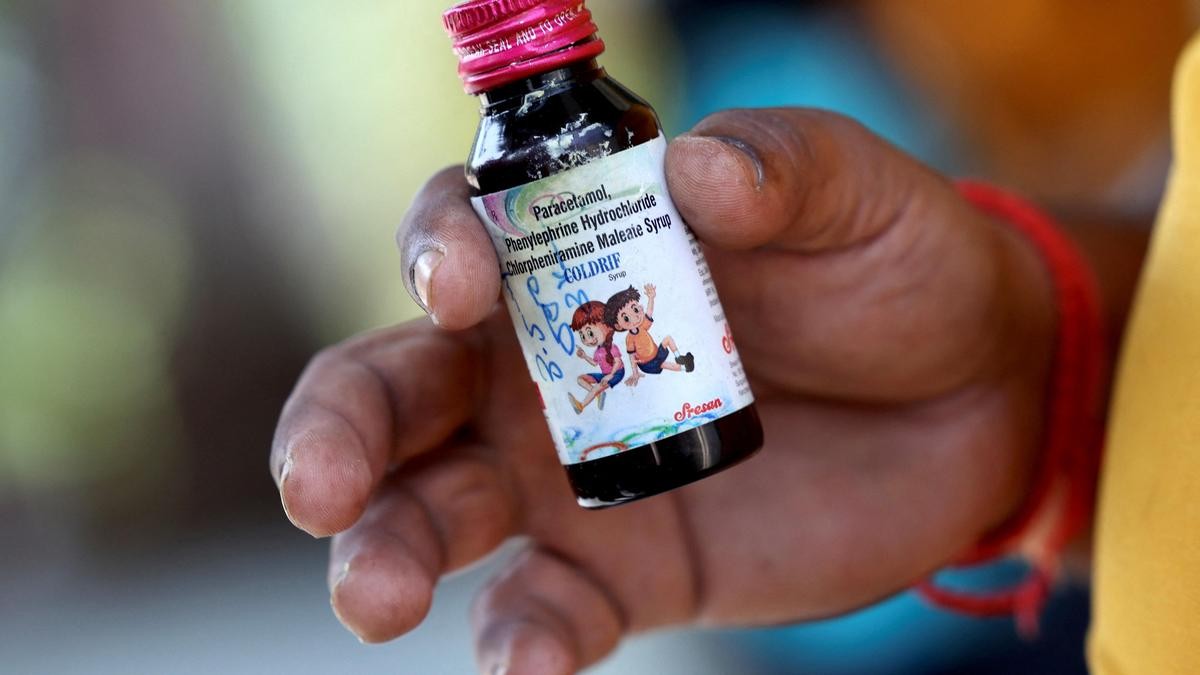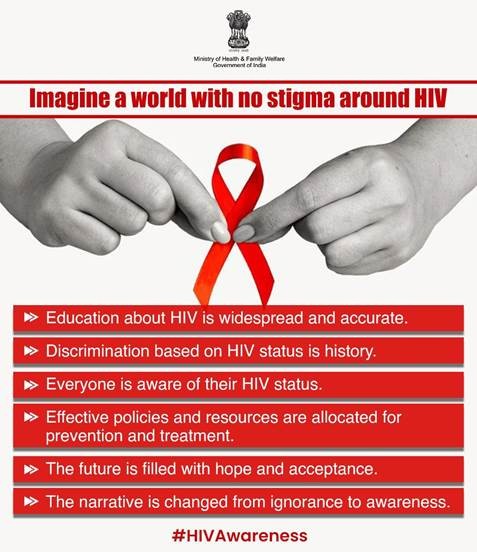Description

Copyright infringement not intended
Picture Courtesy: https://pharmeasy.in/blog/diagnostic-cholera-symptoms-and-causes/
Context: The global shortage of vaccines is primarily due to limited production capacity and financial limitations, generating serious cholera concerns, particularly in outbreak-prone countries such as southern Africa.
Details
- The worldwide shortage of cholera vaccinations has raised serious concerns, particularly in areas suffering outbreaks, such as southern Africa.
- Immunisations are essential for preventing cholera epidemics as the disease is spread by environmental variables such as heavy rains, warmer temperatures, and poor sanitation. However, the shortfall is mostly due to restricted manufacturing capacity and financial constraints.
|
Cholera
●Cholera is a small intestinal infection caused by some strains of the bacterium Vibrio cholerae.
●Cholera is primarily transmitted by contaminated water and food, particularly those contaminated with human faeces harbouring the Vibrio cholerae bacteria.
●Improving sanitation and providing access to clean water are two approaches to cholera prevention. Cholera vaccinations, when administered orally, provide adequate protection for roughly six months and can also protect against other types of diarrhoea caused by organisms such as E. coli.
●The main treatment for cholera is oral rehydration therapy with oral rehydration salts (ORS) or rice-based solutions. In extreme situations, IV fluids and antibiotics may be required.
|
Causes of the Shortage
- Limited Production Capacity: EuBiologics is the sole manufacturer of Euvichol-Plus, an oral cholera vaccine, in South Korea. The company's limited manufacturing capacity is unable to match the sudden increase in demand during outbreaks, resulting in a vaccine shortage.
- Funding constraints: Cholera vaccines are developed in response to specific demands, particularly during epidemics and humanitarian disasters. Limited finance for vaccination purchases exacerbates manufacturing and supply issues.

Long-Term Solution
- Growth in Production Capacity: An effort to create more cholera vaccine production facilities is under progress as a result of the understanding that diverse manufacturing sources are necessary. To overcome the gap, businesses in India and South Africa are making investments in manufacturing capacity.
- Putting Money into Local Manufacturing: Investment has been obtained by Cape Town, South Africa's Biovac to produce cholera vaccines domestically. Similarly, Biological E intends to produce Euvichol-Plus in India. These programmes seek to lessen dependency on a single manufacturer and improve vaccine accessibility.

Conclusion
- The global scarcity of cholera vaccines highlights how critical it is to address finance and production capacity issues. While temporary vaccine modifications and optimisation are effective short-term remedies, longer-term solutions require increasing manufacturing capacity and supporting local production.
Must Read Articles:
Cholera: https://www.iasgyan.in/daily-current-affairs/cholera
|
PRACTICE QUESTION
Which of the following is the primary route of transmission for cholera?
A) Mosquito bites
B) Contaminated food or water
C) Direct person-to-person contact
D) Inhalation of airborne particles
Answer: B
|












